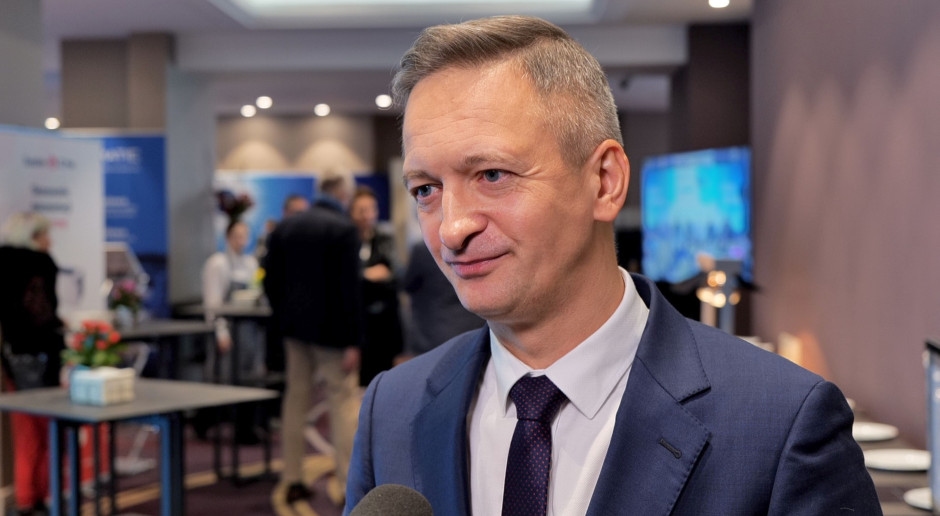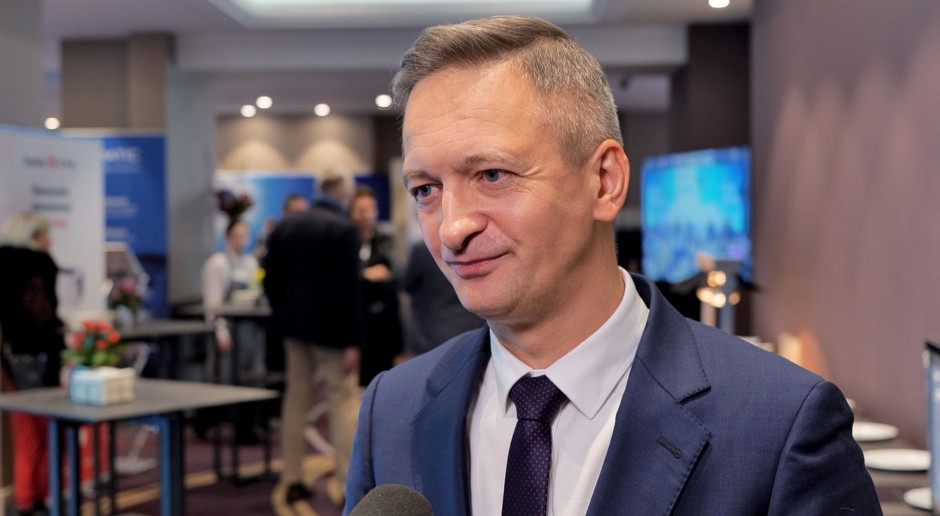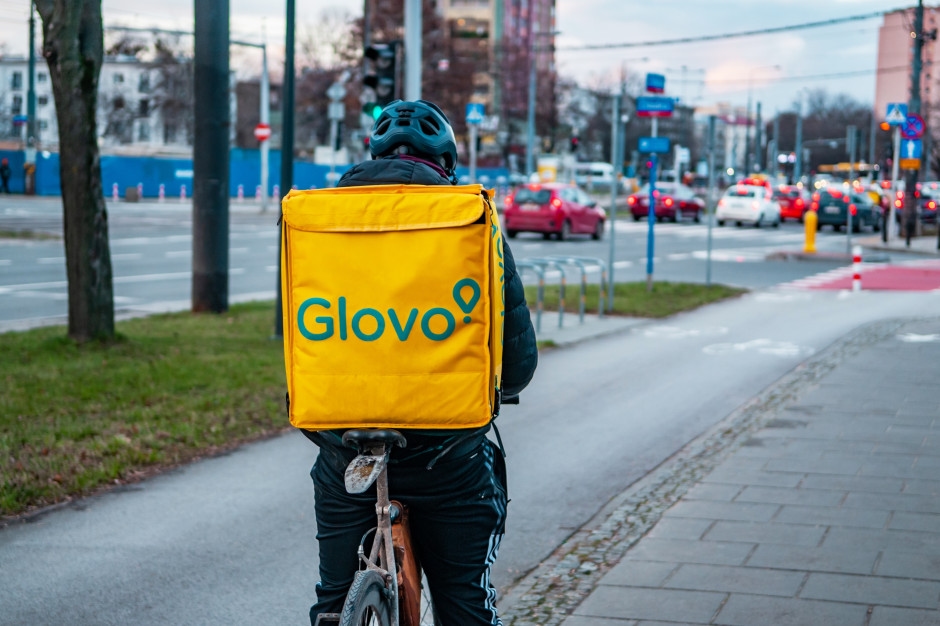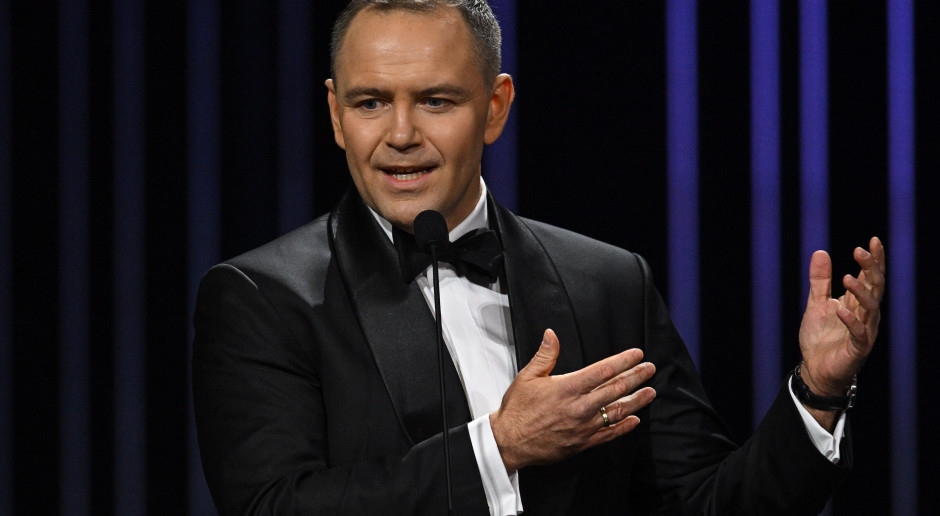Vaccination policy in Poland. How do we overcome the three main obstacles?

"Vaccination access in Poland is improving. However, we still face three barriers, which we've been talking about for many years. First, financial, second, logistical, and third, educational," says Krzysztof Kępiński, board member and director of the External Relations and Public Market Vaccines Division at GSK Commercial.
He admits that the financial barrier is getting smaller: - Thanks to cooperation with the Ministry of Health and the involvement of patients, in 2025 new vaccines against shingles and RSV will appear on the S list for seniors, thanks to which seniors who have reached the age of 65 can get vaccinated for free.
The second barrier is logistics: "Starting this year, pharmacies and pharmacists have been strengthened with regulations that allow them to vaccinate more people who come to pharmacies. This is an ideal model where a senior visits a pharmacy, is informed about available vaccines, a prescription is written, and the senior is vaccinated. This model can already function in most cases," says Director Kępiński.
There's also the issue of education. "When it comes to education, meaning convincing ourselves, adults and seniors, to get vaccinated, that's the biggest challenge. At a certain point, adults believe they're invincible and don't need to get vaccinated. That's why adult vaccination rates in Poland, compared to other European countries, are still low. Child vaccination rates are much better, at over 90 percent," Director Kępiński points out.
He also emphasizes that in crisis situations that we may encounter because we live in a dynamic world, the individual resilience of each citizen becomes incredibly important:
"Therefore, health policy should be part of the state's security policy. A healthy, vaccinated patient might not even appear in the system because they won't get sick, will have fewer complications, and won't be hospitalized. This way, we can reduce the burden on the healthcare system. This could be a remedy for one of the Ministry of Health's priorities: shortening waiting times."
In the opinion of the GSK representative, the issue of vaccinations should be part of the State Drug Policy document, which the Ministry of Health plans to prepare.
"I believe that both issues related to prevention and state security in the context of health policy will be addressed. We are fully committed to cooperating with the Ministry of Health. We believe that such a strategic document should be developed and address the needs of patients, because sooner or later, each of us is, or will be, a patient."
rynekzdrowia









